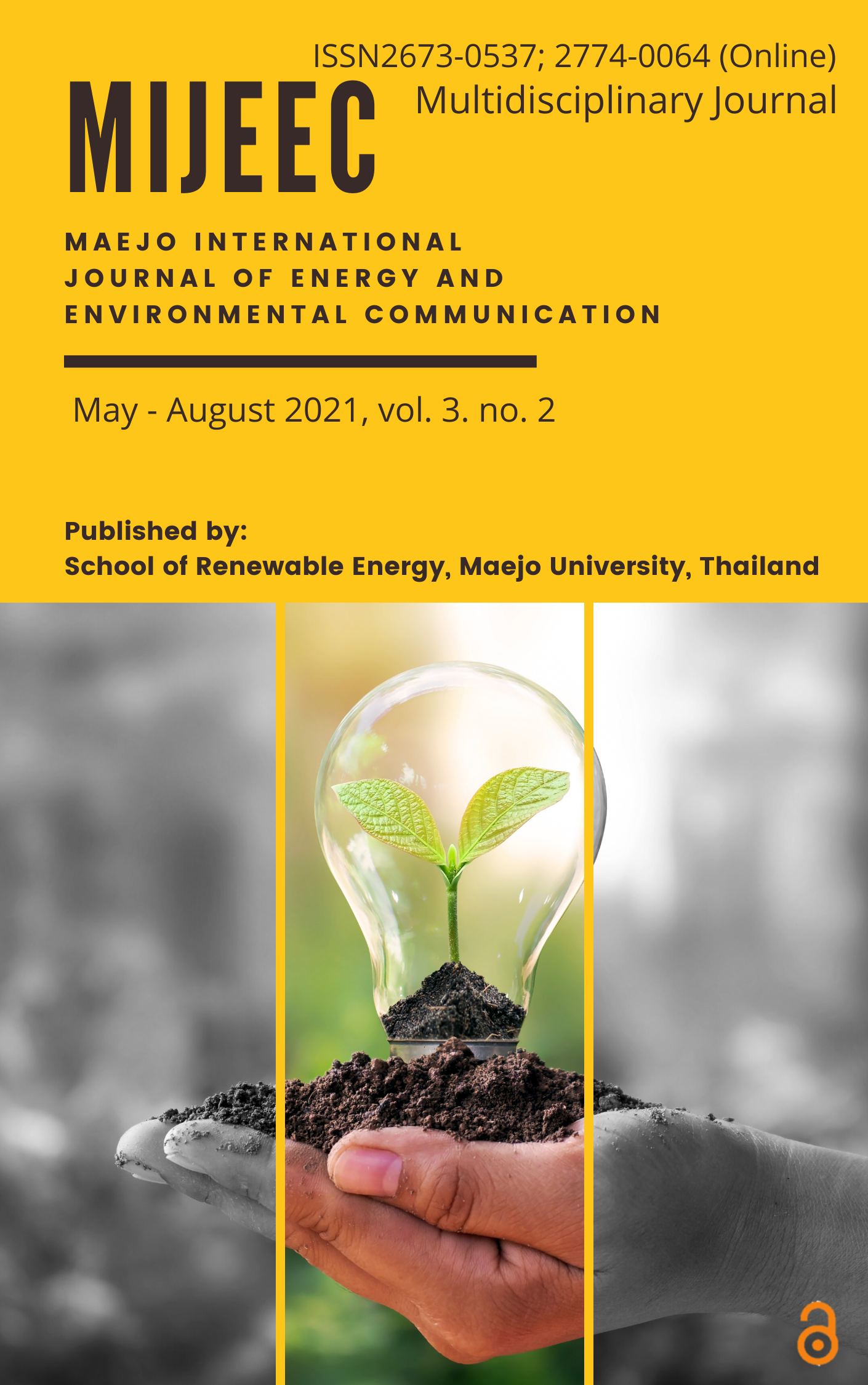The antifungal efficiency of Moringa oleifera seed extracts for tap water treatment
Main Article Content
Abstract
Water must be pure and free of any contaminants for human consumption. However, due to indiscriminate human activity, its quality has worsened, resulting in many illnesses that plague humanity, particularly in developing nations. Promising water treatment procedures are considerably more expensive, and many of the disinfectants now in use are toxic, making the hunt for safer organic alternatives even more difficult. Moringa seeds have long been used to clean drinking water and minimize the health concerns associated with microorganisms in rural communities. Using central composite design (CCD) in response surface technique, the parameters identified as the essential components, dose, duration, and agitation, were chosen to assess their influence on eradicating the growth of fungal communities in the drinking water by response surface methodology (RSM). The CCD was done with two complete factorial combination components at five distinct levels. The typical two fungi widespread in the tap water samples have selected Aspergillus sp. (73%) and Rhodotorula mucilaginosa (63%). Fungal mycelia growth gradually decreased with increased concentration of Moringa oleifera seeds extract and chlorine on Rhodotorula mucilaginosa and Aspergillus sp. The modified determination coefficients (adj R2) for the CFU of Moringa seeds were also 0.8122 and 0.8405. This study aims to highlight the performance activity of Moringa seeds while treating tap water instead of using rapid usage of chlorine in the traditional method. This study found that Moringa oleifera extract seeds and chlorine have antifungal action against disinfectants at all concentrations. Using Moringa oleifera seeds extract and chlorine as a disinfectant on Rhodotorula mucilaginosa and Aspergillus spp. in treating tap water is a viable alternative. This method would significantly reduce the high costs and health concerns of current chemical water treatment methods. The method is traditional and simple to apply, making it suitable for rural regions. It also produces no non-treatable wastes because it is biological.
Article Details

This work is licensed under a Creative Commons Attribution 4.0 International License.
Copyright © 2019 MIJEEC - Maejo International Journal of Energy and Environmental Communication, All rights reserved. This is an open-access article distributed under the terms of the Creative Commons Attribution-NonCommercial- Attribution 4.0 International (CC BY 4.0) License
References
.


